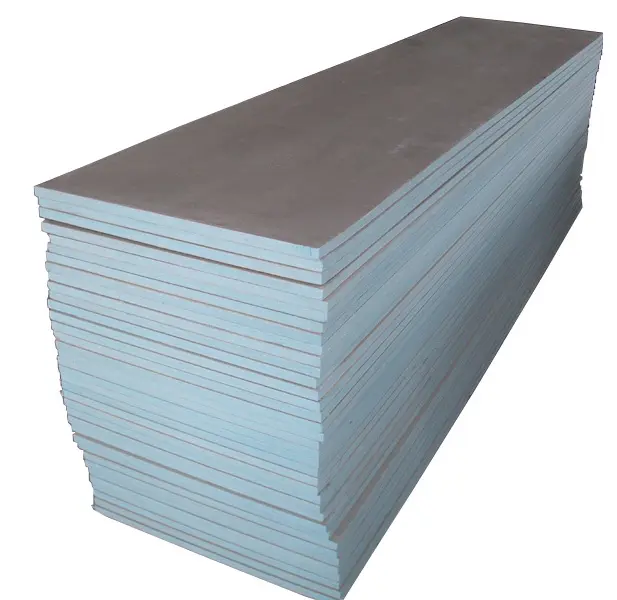In the construction industry, energy efficiency and environmental sustainability are becoming top priorities. One of the most effective ways to achieve these goals is through the use of high-quality insulation board. Designed to provide superior thermal performance and moisture resistance, Yuantai insulation boards are widely applied in external walls, roofs, and other parts of buildings to reduce energy consumption and improve indoor comfort.

What is an Insulation Board
An insulation board is a type of construction material that significantly reduces heat transfer. It is typically made from polystyrene resin and processed through extrusion and molding by heating, mixing, and injecting catalysts. This advanced production method results in a lightweight yet durable board that provides consistent insulation performance over time.
Insulation boards not only help maintain stable indoor temperatures but also offer additional benefits such as waterproofing, moisture resistance, and structural support.
Key Features of Insulation Board
Superior Thermal Insulation
Designed to minimize heat loss in winter and reduce heat gain in summer.
Helps lower energy consumption for heating and cooling systems.
Moisture-Proof and Waterproof
The dense structure of insulation boards prevents water absorption.
Provides reliable protection against moisture-related damage in roofs and walls.
Lightweight and Easy to Install
The boards are light in weight, making handling and installation simple.
Reduces labor costs and shortens construction time.
Space-Saving Advantage
By reducing the thickness of outer protective structures, insulation boards increase usable indoor space.
Especially valuable for modern urban housing projects where every square meter counts.
Durability and Long Service Life
Resistant to deformation, aging, and compression.
Ensures stable performance for decades without significant degradation.
Applications of Insulation Board
Insulation boards are versatile and can be applied in a wide range of building structures:
External Wall Insulation
Provides an effective thermal barrier, improving overall building energy efficiency.
Roof Insulation
Protects against heat gain from sunlight, reducing air-conditioning costs in summer.
Floor Insulation
Used beneath flooring systems to reduce energy loss and enhance indoor comfort.
Cold Storage and Industrial Buildings
Maintains required temperature levels in warehouses, factories, and storage units.
Renovation Projects
Lightweight boards are easy to integrate into existing structures without adding excessive load.
Benefits of Using Insulation Board
Energy Efficiency
Significantly reduces heating and cooling expenses.
Contributes to sustainable building practices by lowering carbon emissions.
Comfortable Indoor Environment
Maintains consistent room temperatures throughout the year.
Improves living and working conditions by preventing drafts and dampness.
Cost Savings
Lowers energy bills and reduces maintenance costs.
Long lifespan ensures excellent return on investment.
Versatility in Design
Can be used in residential, commercial, and industrial projects.
Compatible with a wide variety of construction methods and materials.
Eco-Friendly Solution
Many insulation boards are recyclable, supporting green building initiatives.
Why Choose Insulation Board for Your Project
Proven Performance: Trusted across the construction industry for reliable insulation results.
Advanced Manufacturing: Extrusion and molding technology ensure consistency and durability.
Wide Applications: Suitable for walls, roofs, floors, and specialized structures.
Space and Cost Savings: Maximizes usable indoor space while minimizing operational costs.
Sustainability: Supports eco-friendly building practices and long-term energy efficiency.
Conclusion
The insulation board has become an indispensable material in modern construction, offering a balance of thermal performance, moisture resistance, and durability. Whether applied in external walls, roofs, or industrial facilities, insulation boards help reduce energy consumption, enhance indoor comfort, and contribute to sustainable development.
For builders, architects, and property owners seeking a lightweight, reliable, and cost-effective insulation solution, the insulation board remains the top choice. By integrating this material into building projects, long-term efficiency, comfort, and environmental benefits can be achieved.
